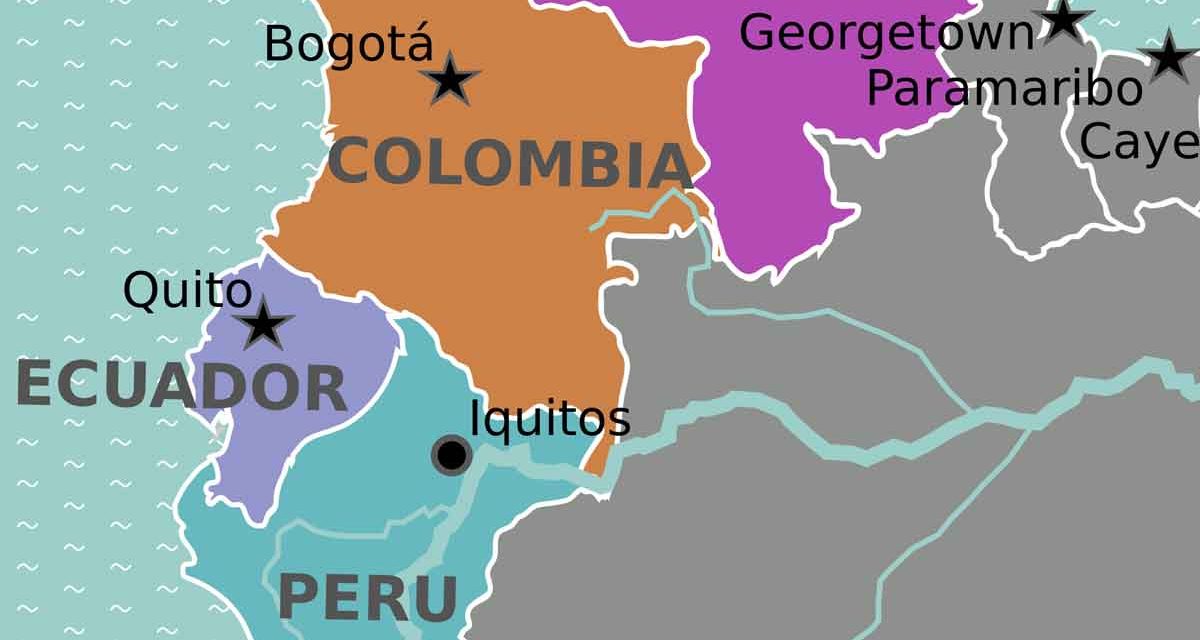Last week’s Rio Summit between high ranking dignitaries of the Americas – The United States and Canada conspicuously excluded – produced a number of notable events:
- The announcement of the creation of a Brazil-led regional bloc to convene in July 2011
- Universal regional support for Argentina’s sovereignty claim in the Falklands (Malvinas)
- Uribe’s challenge “heard round the Spanish-speaking world” for Chávez to “be a man”
- Improvement in Ecuadorian-Colombian relations
Yesterday, 1 March 2010, marked the two-year anniversary of the death of Raúl Reyes, a former leading FARC commander. Reyes’ death on Ecuadorian soil at the hands of the Colombian military provoked an ongoing diplomatic spat with Ecuador that has frozen diplomatic relations between the two nations and provoked the already sensitive issue of regional sovereignty.
During a late-night meeting at a luxury hotel in Mexico on 22 February, Correa and Uribe met and announced a plan to restore relations to normal. No date, time, or specifics were given, but the intention to normalize relations – an elusive concept that previous reconciliation attempts failed to achieve over the past two years – was established.
The agreement involves each nation relinquishing a previously held stance. Colombia must surrender information; including where the Colombian aircraft involved during the attack departed, where they were manufactured, and the information on Reyes’ laptop that suggested the FARC had well-established operations within Ecuadorian borders. In return, Ecuador will exonerate Juan Manuel Santos, the leader in early polls for Colombia’s upcoming May 2010 presidential election, from pending charges for his role in the attack.
The two nations also agreed towards mutual cooperation in fighting a surge in violence along the Colombian-Ecuadorian border. On 2 March 2010, Ecuadorian authorities announced the creation of five new bases in Esmeraldas and Carchi provinces to combat drug smuggling.
Tourism as Diplomacy
Security and politics are not the only two ways the two nations are mending ties.
A few days later, on 24-26 February 2010 at a tourism convention in Bogotá, Ecuador revealed their USD 345,000 “Four Worlds” campaign to promote Ecuador as a tourist destination for Colombian travelers. After the United States, Colombia is Ecuador’s second largest market for international tourists. As the campaign suggests, disagreements between governments are no reason to discourage tourism and mutual cultural and monetary benefits. For the Ecuadorian government, promoting Ecuador as a tourist destination in Colombia makes business sense. Politics seems to have refreshingly little to do with the decision.
It also may be a way to heal animosity between the two nations. Colombia knows very well the power of “soft power” cultural initiatives. Their government-funded “Colombia es Pasión” campaign has been well received internationally as a way of creating positive publicity and attempting to change the nation’s image by encouraging people to visit Colombia. Many nations have intercultural exchange programs as a way of promoting mutual cultural understanding. Visiting another country is perhaps the best way to do this.
In reality, Colombian tourists visiting the Galapagos will probably not have much impact on policy. But small initiatives that lead to immediate, tangible results – such as money for those working in the tourism industry in Ecuador – are sometimes just as important.

Reply